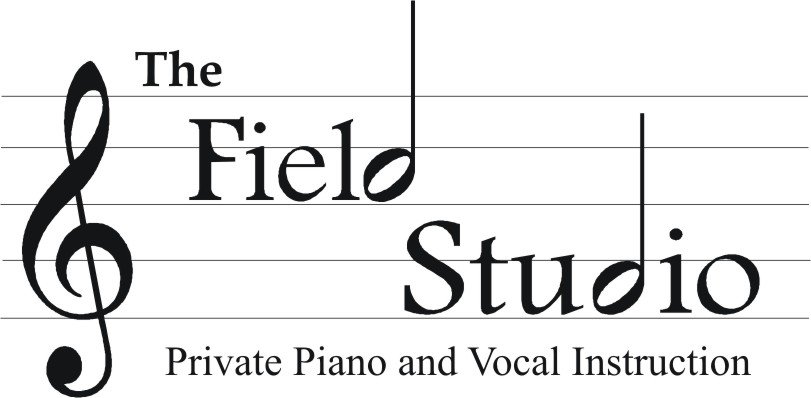Lesson FAQs
Do you offer online lessons?
Yes! We have been teaching online for years. We have students all over the country at this point. Get in touch via “contact us” and we will be glad to tell you all about studying online.
Does Liz work with people who have had vocal injuries or pathologies?
Yes, Liz has been able to help singers coming back from injuries, pathologies and mis- and dys- functions. She will work closely with your medical team to get you back on track.
What happens in a first lesson?
For piano, Steve would have you and a parent come in, read over the studio policies and you would fill out a ‘getting to know you’ questionnaire together. If you have played before, he will ask you what you last worked on and what scales you know. Then the fun begins. Your parent can stay for this entire first lesson, or chose to leave after everyone is comfortable. This is a great time to ask Steve any questions about his teaching or how he became proficient at the piano. Steve will decide what music to give you and you may listen to some recordings or watch a video of a pianist. Steve will ask you about your specific goals for the piano. Before you leave, he will tell you what to practice that week and how long.
For the first voice lesson, Liz would have you and your parent come in, read over the studio policies and go over the ‘getting to know you questionnaire”. Because your body’s health so directly influences the voice, there are many health related questions. All of this information will be confidential. We will sing some easy warm-ups and, if you have a song you’d love to sing, we will do that as well. Liz will ask you about your favorite singers, songs and your singing goals - both long-term and short-term. You will go home with some assignments - these may include written (like a list of songs you know), recorded, listening and reporting, and, of course, singing!
What happens in voice lessons in general?
The usual format is to start with an easy, basic warm-up, where Liz is listening and evaluating what is happening that day with your voice. Then, she will move into a time of voice building. This is when we enter the “Vocal Gym”. Liz will guide your training to get your body to respond to your vocal requests, rather than have it dictating what you may and may not do. During this time, you will make some funny noises, move around and work out like someone in a voice-gym, strengthening in private in order to be stellar in public.
Then, you will work on songs. These will be healthy and sometimes challenging and sometimes just fun. For classical singers, Liz will generally choose the songs and take the student’s opinion into consideration. For musical theater, the student generally chooses the songs and Liz retains veto power.
You will need to bring your provided Field Studio Notebook to every lesson with your sheet music printed out and put into it in a neat and markable manner and to have a phone with you on which you can record some vocal exercises to work on at home.
Toward the end of the hour, Liz will text you and your parent your practicing guide for that week.
What happens in piano lessons in general?
The lesson will cover the music theory you need to know for your level of playing; playing the songs or pieces you are currently working on; some sight-reading work; learning scales, arpeggios and chords; listening to accomplished artists play your pieces; playing a game or two to improve your note and rhythm reading knowledge; maybe some duets with Steve and choosing of new pieces when you are ready. Basically, whatever you need. If you’ve been asked to accompany your school choir or play with the jazz band - that is what you’ll work on that week!
One thing is always true -the more you have practiced, the more fun the lesson will be.
